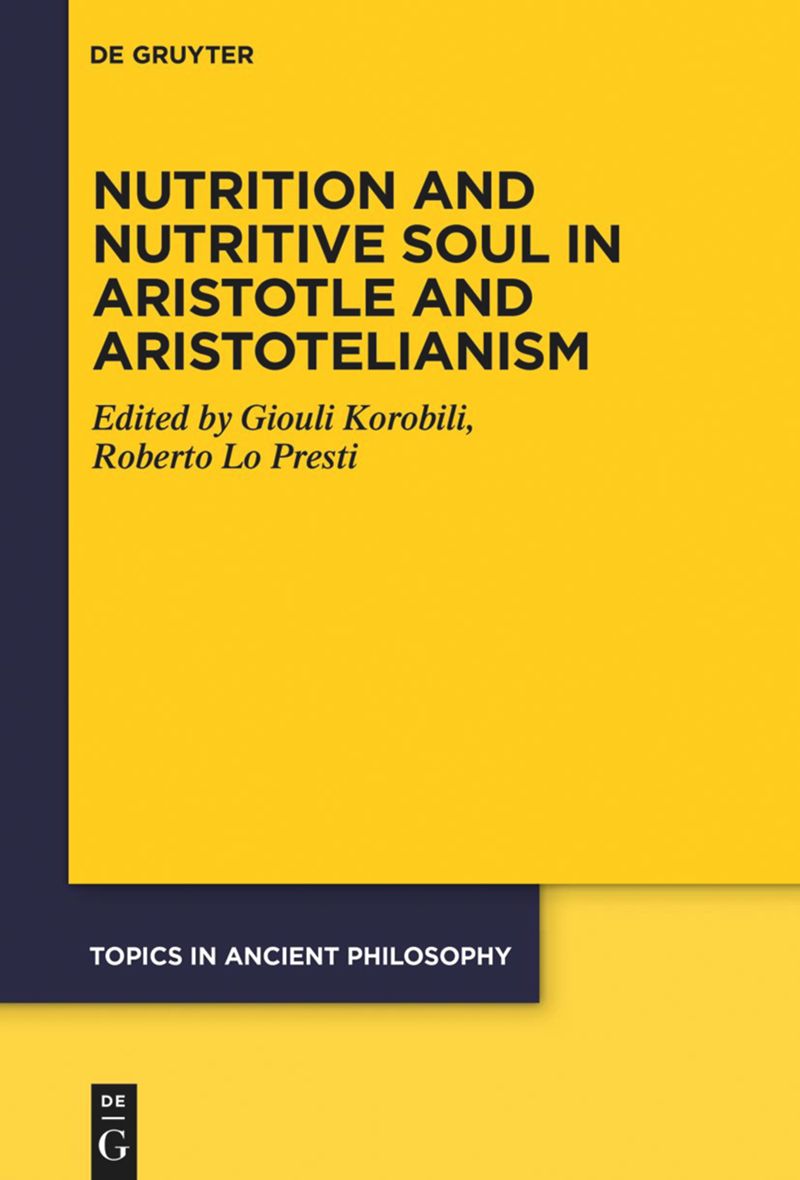
Bernd Roling looks at how scientists in the sixteenth and seventeenth centuries set out to explain animal hibernation, and more specifically how animals could survive the interruption of nutrition. After citing a number of examples from sixteenth-century zoological literature, he begins by looking at the explanation put forward by Fortunio Liceti in the early seventeenth century, based on Albert the Great’s Commentary on the Parva Naturalia. Albert developed a model to explain survival without food using a closed nutrient system. Bernd Roling follows the influence of this model on Ole Borch, and traces up to Karl von Bergen’s synthesis of the debates in 1752.
A. M.
Bernd Roling se penche sur la manière dont les savants du XVIe et du XVIIe siècles ont entrepris d’expliquer l’hibernation des animaux, et plus particulièrement la manière dont ceux-ci peuvent survivre à l’interruption de la nutrition. Après avoir évoqué un certain nombre d’exemples tirés de la littérature zoologique du XVIe, il se penche, pour commencer, sur l’explication proposée par Fortunio Liceti, au début du XVIIe siècle, qui s’inspire du Commentaire aux Parva Naturalia d’Albert le Grand. Albert développe un modèle permettant d’expliquer la survie sans nourriture à l’aide d’un système nutritif clos. Bernd Roling suit l’influence de ce modèle chez Ole Borch, jusqu’à la synthèse des débats par Karl von Bergen en 1752.
A. M.